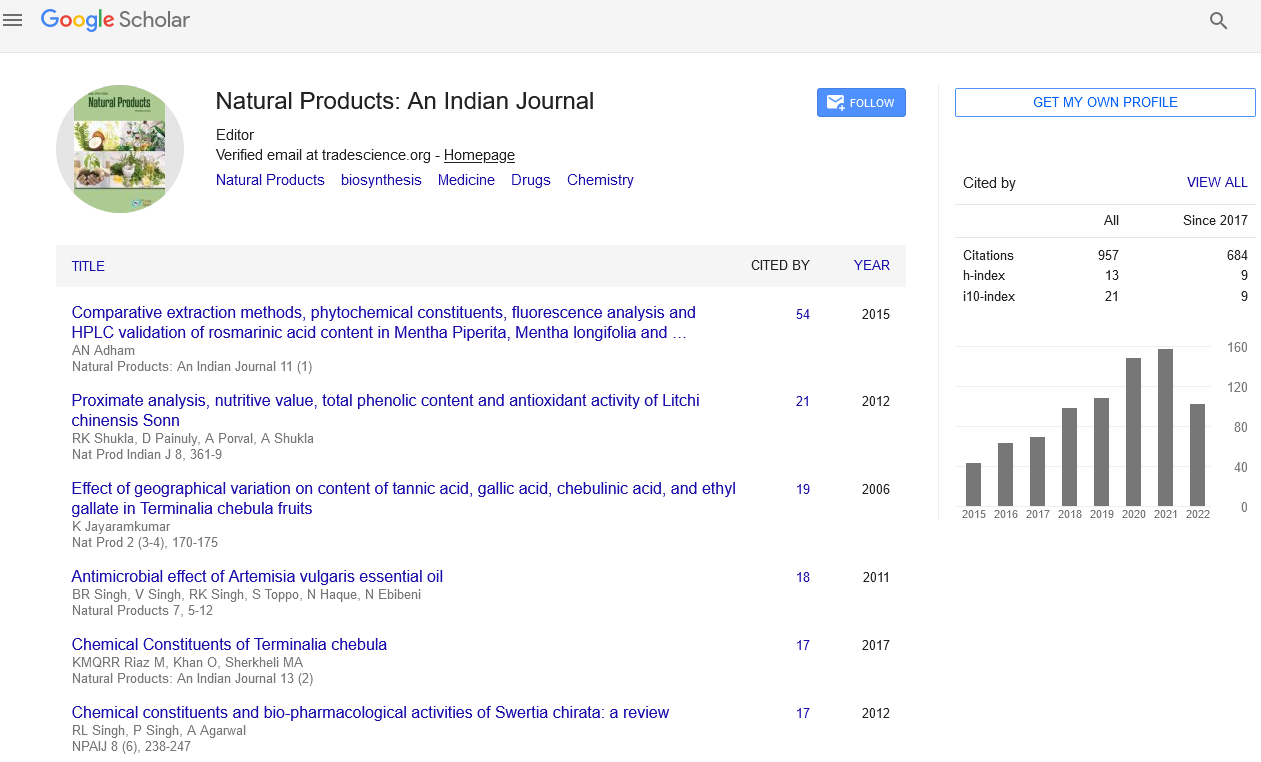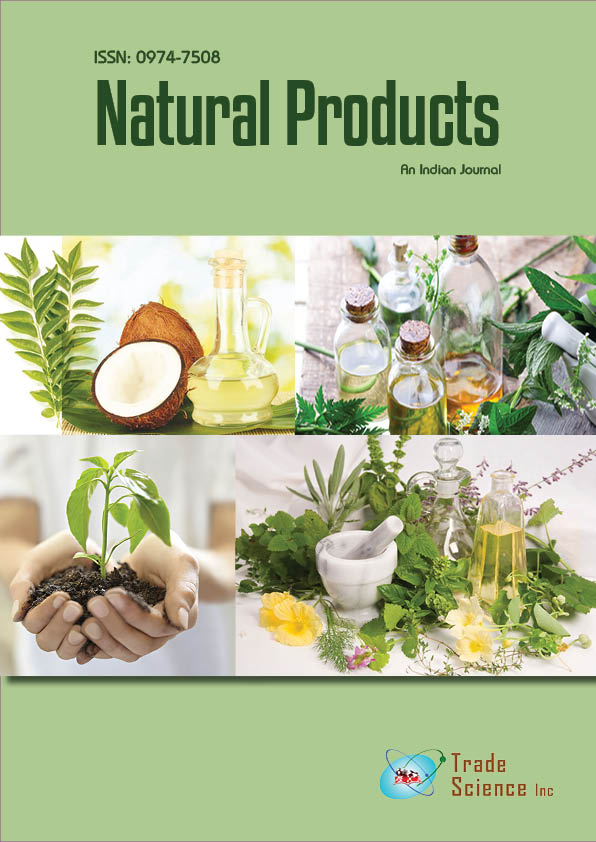Abstract
Effects of Dietary Protein Level on Milk Production Performance and Serum Biochemical Indicators of Dairy Goat
Author(s): Fansheng Meng,This experiment was conducted to determine the effect of protein level on performance and serum biochemical indicators in dairy goat. 45 healthy dairy goats in lactation with same weight, milk yield, parous (2~3 times) were used by single-factor randomized design and equally divided into 3 groups and 15 goats per group. Dietary protein level was 10%, 12.5% and 15% respectively. It was 10 days in advance to do the preparation of experiments, followed by the period of time in true experiments with 35 days.
Results: The higher dietary protein levels can increase milk production significantly (P<0.05); the milk protein yield in group received 12.5% dietary protein level was nearly-identical to group with 15% P>0.05), the group of 12.5% have the highest milk contents, The goat albumin, urea nitrogen content in group with 12.5% and 15% dietary protein level were significantly higher than that of group with 10% (P<0.05), the difference between the group with 12.5% and group with 15% dietary protein level was not significant (P>0.05); The different dietary protein levels had no significant effect on total cholesterol, glucose, and serum alanine aminotransferase and aspartate aminotransferase activity (P>0.05).
Conclusion: Under the conditions of this experiment. With the increase of dietary crude protein levels can significantO\ increase the amount of milk goat milk, Serum total protein, albumin and blood urea nitrogen increased significantO\ reduce milk fat percentage, milk protein and milk composition. Blood glucose, total cholesterol, aspartate and alanine aminotransferase were not aÙ?Ù´ected by protein levels. 12.5% of the crude protein level in the diet is more conducive to play a production performance of dairy goat.

